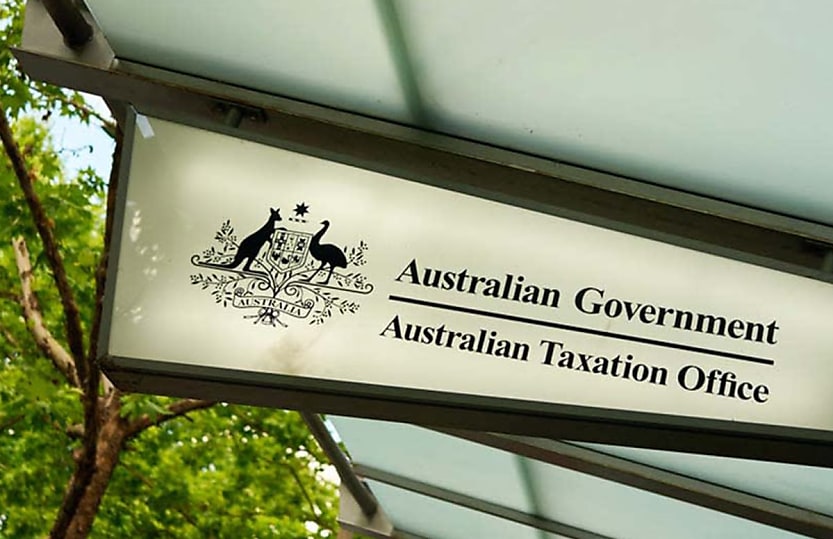ATO requires super funds to receive real-time payments as payday super looms

With payday super requirements likely to take effect from mid-next year, the ATO has made it mandatory for super funds to be able to receive real-time payments.
The ATO has approved New Payment Platform (NPP), Australia’s real-time payment infrastructure, as a payment method for superannuation. From 1 July 2026, the ATO is requiring super funds to be able to receive payments from NPP.
Australian Payments Plus (AP+), which operates the NPP, said that the ATO’s approval of real-time payment infrastructure would help firms adhere to their obligations under the proposed payday super laws.
“The ATO approval clears an important hurdle for the super industry as it prepares for payday super,” said Adrian Lovney, chief payments and schemes officer at AP+.
“Enabling real-time payments through the NPP helps streamline compliance, reduce manual processes, and support industry-wide readiness ahead of the 2026 reforms – all while helping ensure super reaches workers more quickly and easily.”
Employers have been advised that they would be required to pay their employees’ super at the same time as their salary and wages, instead of quarterly, from 1 July 2026. Firms face penalties if contributions do not arrive in employee super funds within 7 days.
The measure, which has not yet been ratified into law, has sought to address super underpayment amongst Australian firms and make it easier for employees to keep track of their super payments.
“While most employers do the right thing, the Australian Taxation Office estimates $5.2 billion worth of super went unpaid in 2021–22,” Stephen Jones, the Minister for Financial Services, said in a release.
“Payday super will make it easier for employers to manage their payroll by paying super at the same time as salary and wages. The new law will also streamline the way super is paid by employers to make it easier to meet their obligations.”
As the payday super deadline approaches, some firms have raised concerns that they could be held liable for super payment delays that weren’t their fault.
“The employer can make the superannuation contributions immediately after payday, however still end up with a superannuation guarantee charge liability,” Judy White, tax executive at BDO, warned in March.
“This will occur if the payment takes more than 7 days to be ultimately processed in the employee’s super fund, arising from no fault by the employer.”
Super contributions often take longer than 7 days to settle, partly because the Bulk Electronic Clearing System (BECS) currently used for most super contributions could take several business days to complete, according to AP+.
In contrast, NPP payments move in near real-time 24/7, including on weekends and public holidays. Around $6 billion in payments are already supported through the NPP, through platforms such as Osko, PayID and PayTo.
AP+ said that the shift to real-time payments would be essential to enabling firms to meet their payday super obligations.
“With the new 7-day requirement and given the multiple parties involved in processing superannuation contributions – like payroll service providers, clearing houses, payment gateways, and super funds – fast and accurate payment will become crucial under payday super,” AP+ said.
About the author

